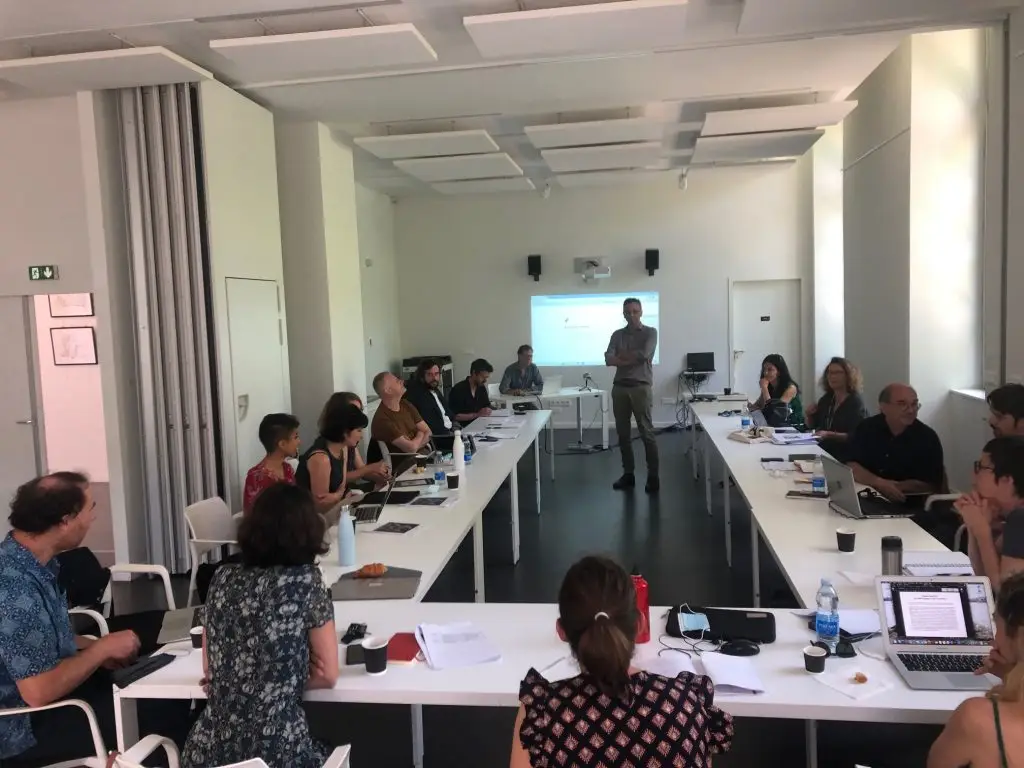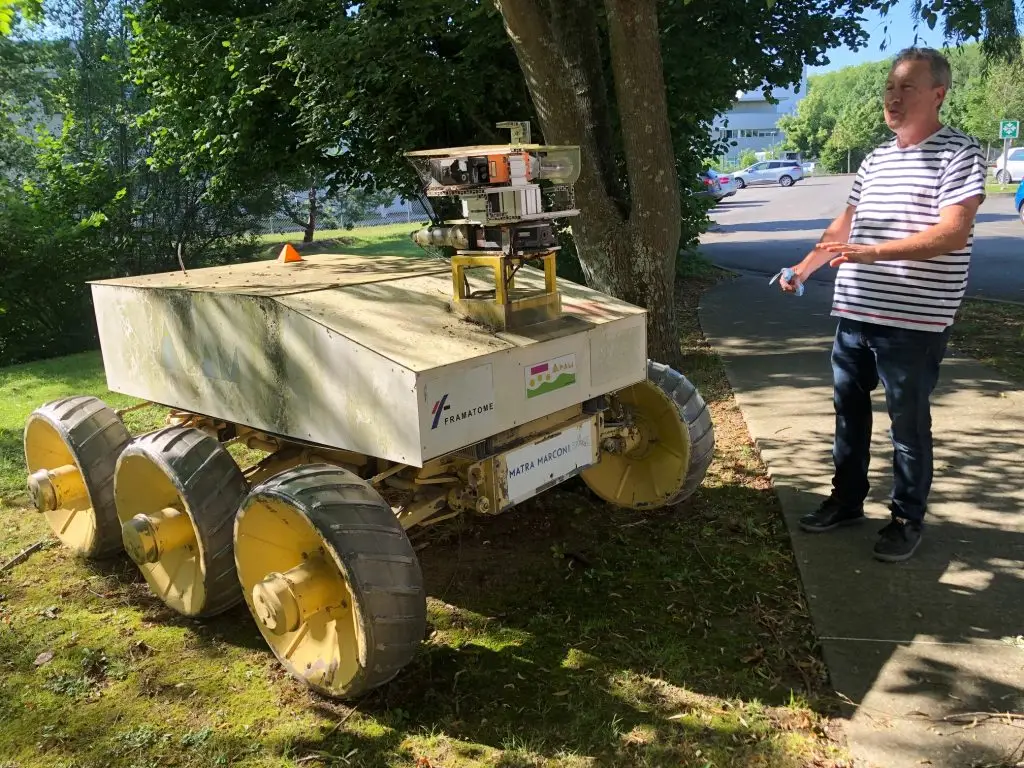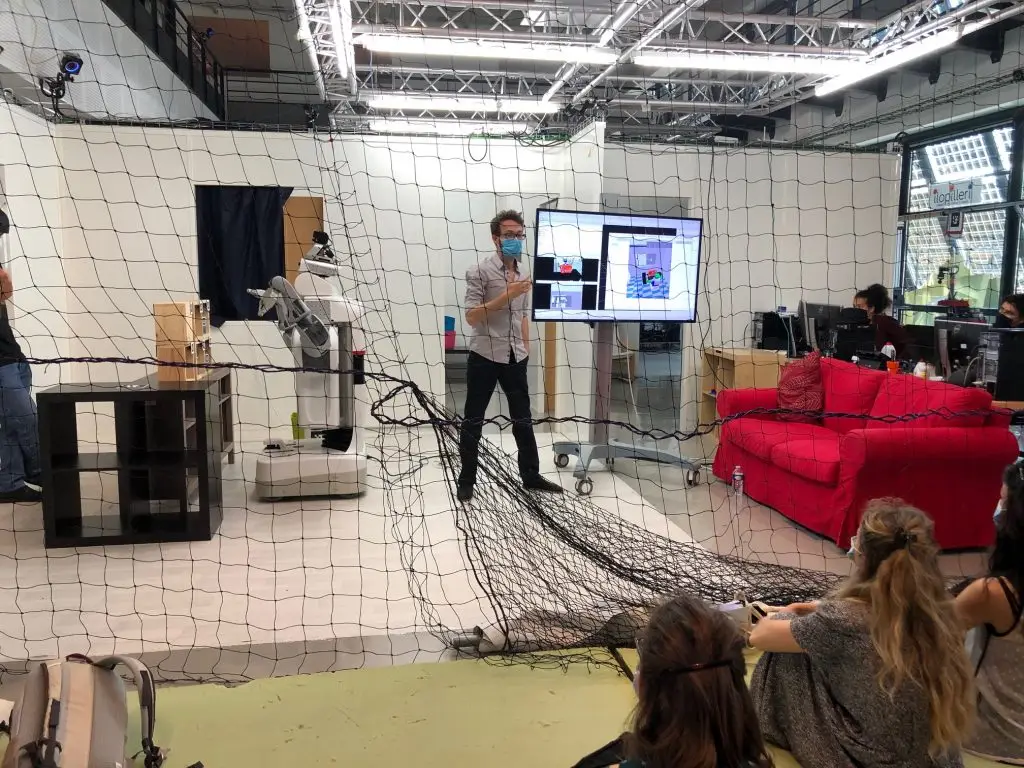
GAES: Scientific Exploration Artistic Group
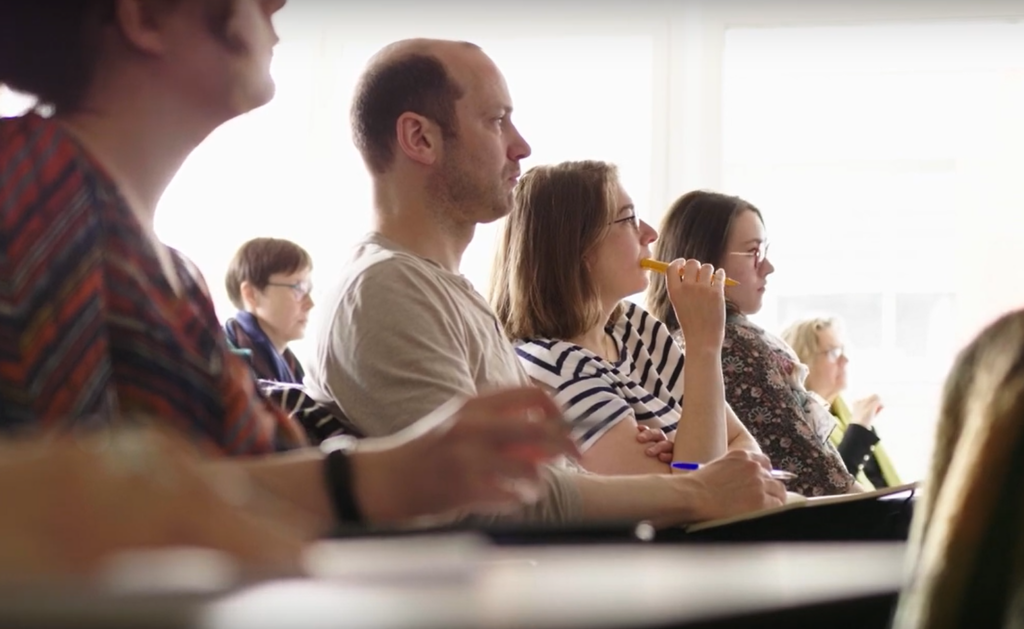
Art-science seminar
The Quai des Savoirs in collaboration with Atelier Arts Sciences, the MIAI Grenoble, organise a time of scientific exploration for artists.
This time of discovery is conceived as a collective immersion between all the participants, both artists and scientists. The objective is to share knowledge on the edition theme, provided by the invited scientists, in order to nuture exchanges and confrontations between scientific and artistic imaginations and collective and individual representations.
The GAES is organised in two parts:
- a first session in Toulouse at the Quai des Savoirs
- a second session inGrenoble at theAtelier Arts Science in Y.SPOT
Exchange, discussion and debate are the keywords of GAES, so that each participant can nurture and develop their own personal visions.
Presentation
The artists of GAES
The ten or so artists selected for GAES are well known on the contemporary art scene. They are directors, authors, actors, visual artists, photographers, choreographers, digital artists…. They belong to a variety of artistic fields, but share a common interest: to expand their knowledge and compare their representations, and to feed their curiosity and imaginations on the subject.
The scientists of GAES
GAES involves local researchers and research institutes such as MIAI in Grenoble, ANITI for the Toulouse session, CEA and Grenoble Alpes University. The scientists will share and pass on their knowledge, and expose their specific fields of research, and for the benefit of the artists. Beyond the objectives of transmitting knowledge, they will confront the artists with their representations and opinions.
Pilot committee
Laurent Chicoineau, director of the Quai des Savoirs
Marina Léonard, head of programming at the Quai des savoirs
Jérôme Villeneuve, director of Hexagone Scène Nationale Arts Sciences
GAES 2024: Prediction sciences
The development of digital tools, from the first calculators to today’s artificial intelligences, has enabled us to deploy ever more effective practices to measure and model our environment. The primary aim is to predict short- and long-term developments and trends (from tomorrow’s weather forecast to the basis for analysis in the Meadows Report and regular IPCC reports).
What are the tools of observation, measurement and scientific modeling? How can they help us understand the world and its evolution?
Humans are torn between their need to predict the future and their refusal to accept certain predictions. These forecasts then become fodder for our imaginations. What are the dominant imaginaries in our societies? How do research imaginations interact with those of artists?
What insights into our environment can digital technologies and artificial intelligence still provide? Why are certain predictions not accepted, nor certain changes implemented by our societies?
Review the progams
Wonder reports
These reports were written by the artists and scientists present:
GRENOBLE SESSION
Maryne Lanaro, Elodie Gallien-Guedy, Marie-Julie Bourgeois, Jérôme Cochet, Jadikan, Filipe Vilas Boas, Fanny Soriano, Jules Benveniste, Sylvain Darrifourcq, Rémy Faveroult, Gautier Juret-Rafin, Marie Dilasser, Anaïs Tondeur
TOULOUSE SESSION
Maryne Lanaro, Elodie Gallien-Guedy, Marie-Julie Bourgeois, Jérôme Cochet, Jadikan, Filipe Vilas Boas, Fanny Soriano, Jules Benveniste, Sylvain Darrifourcq, Rémy Faveroult, Gautier Juret-Rafin, Marie Dilasser, Anaïs Tondeur.
2024 artists and scientists

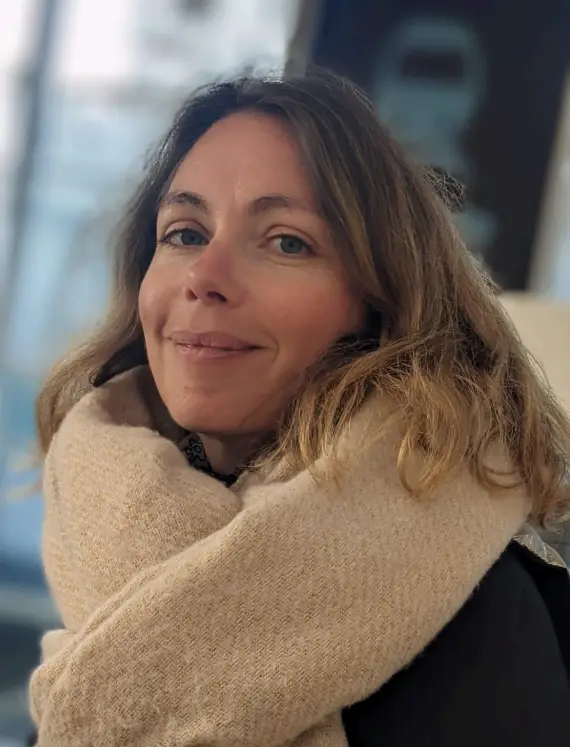
Laure Raynaud
ScientistResearcher at the Centre National de Recherche Météorologique in Toulouse
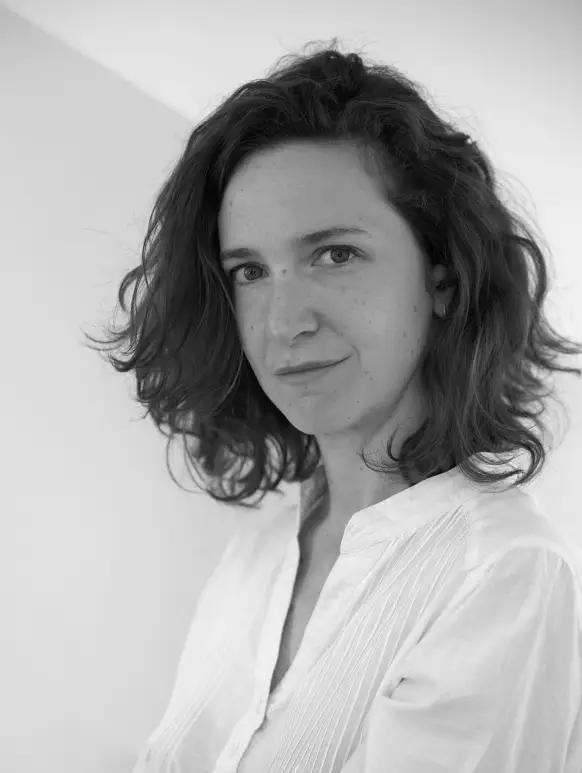
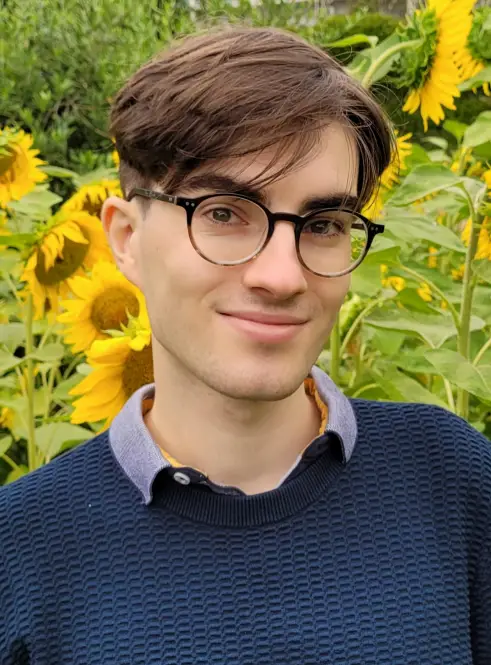
Rémy Faveroult
ScientistDoctoral student at Quai des Savoirs / LARA-SEPPIA Université Toulouse Jean-Jaurès

Élodie Gallien-Guedy
ScientistDoctoral student in Language Sciences, specializing in Geolinguistics and Regional Heritage, at the GIPSA-lab laboratory

Jules Benveniste
ArtistAuthor and writer
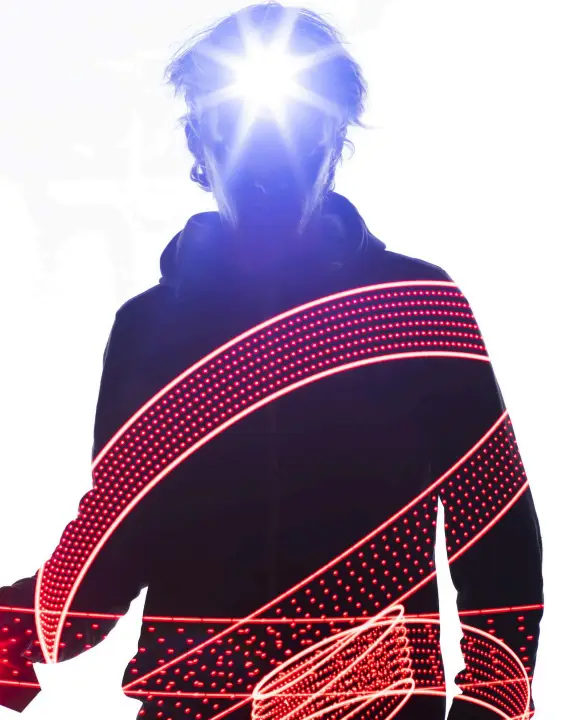
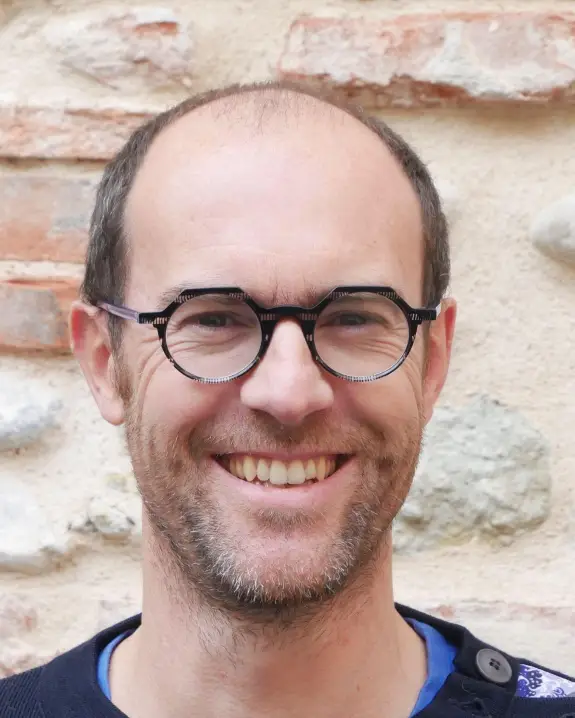
Nicolas Hervé
ScientistDeputy Director of UMR EFTS (Education – Training – Work – Knowledge) at Toulouse Jean Jaurès University.
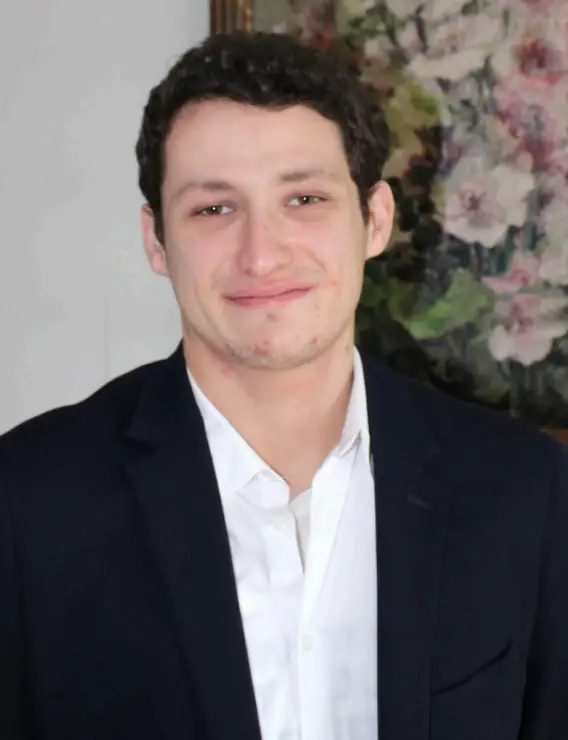
Gautier Juret-Rafin
ScientistPhd student in Italian history at the University of Grenoble-Alpes
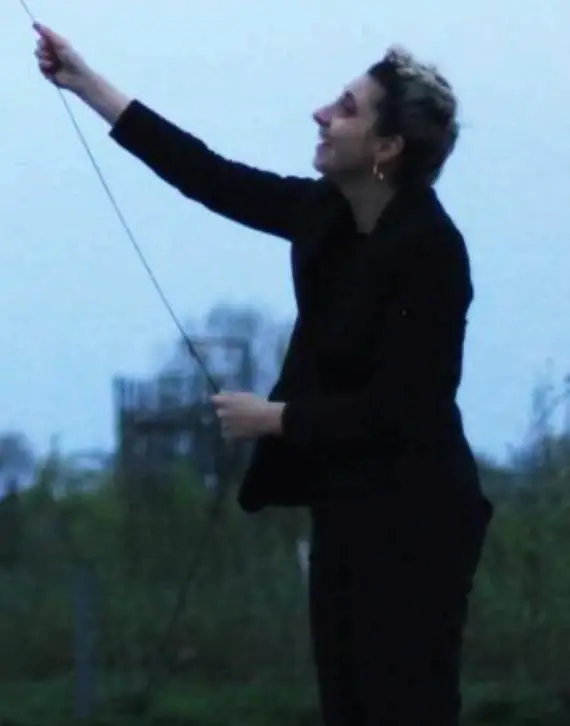
Maryne Lanaro
ArtistArtistic director of the Grand Dehors collective
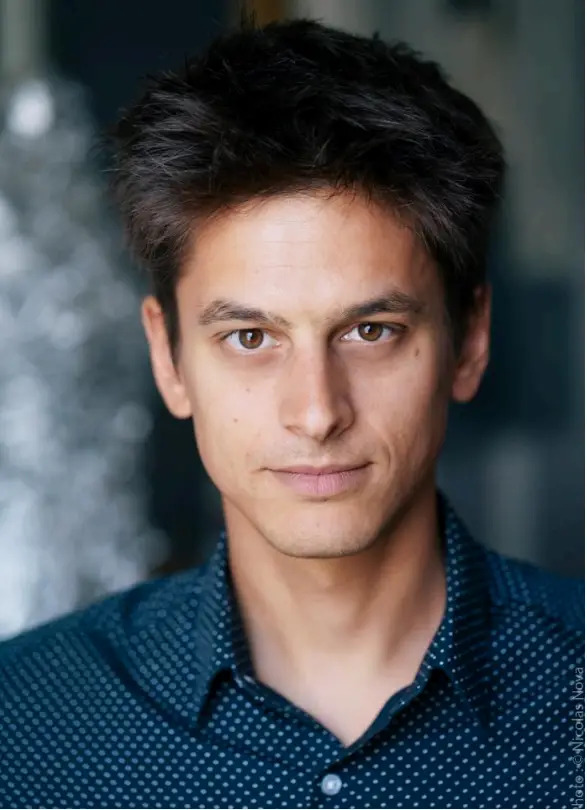
Jérôme Cochet
ArtistDirector, actor and engineer
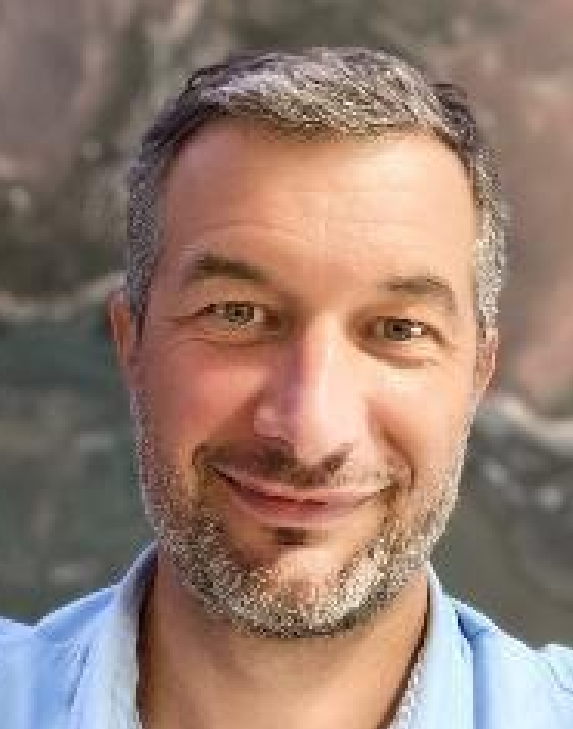
Vincent Lonjou
ScientistDoctor in Astrophysics, Space Sciences and Techniques at CNES
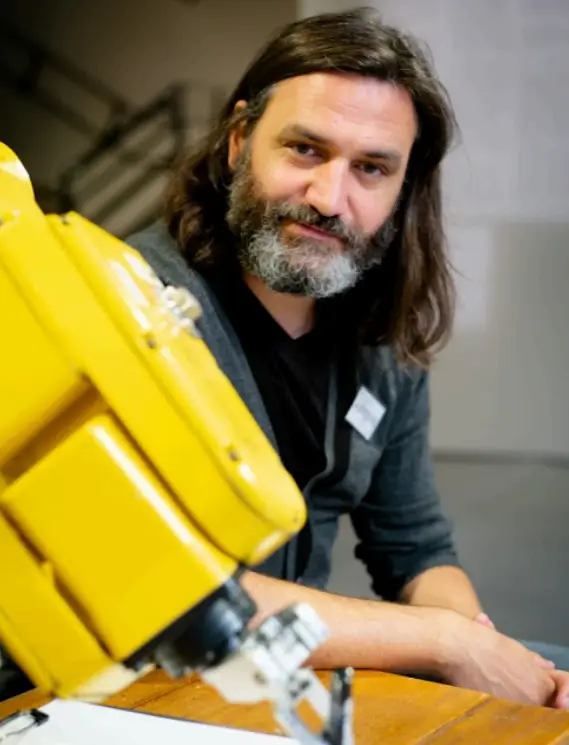
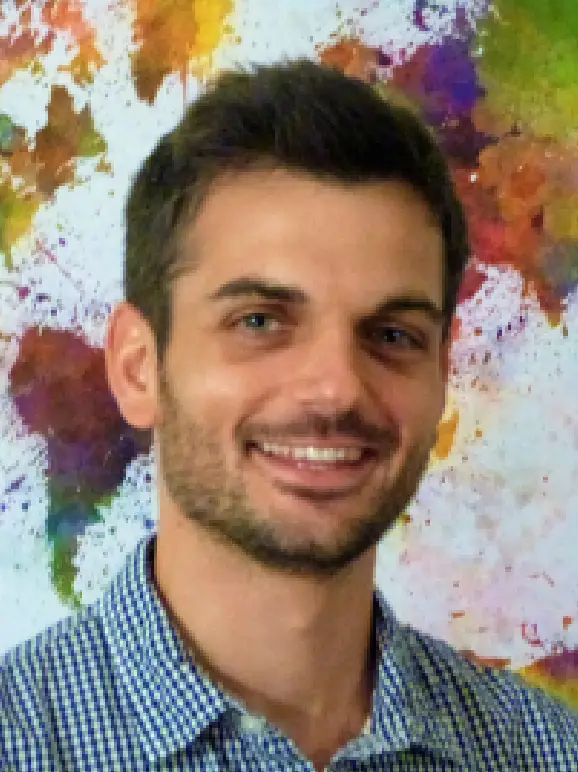
Lionel Zawadzki
ScientistRemote sensing engineer specialized in Earth observation applied to the environment at CNES
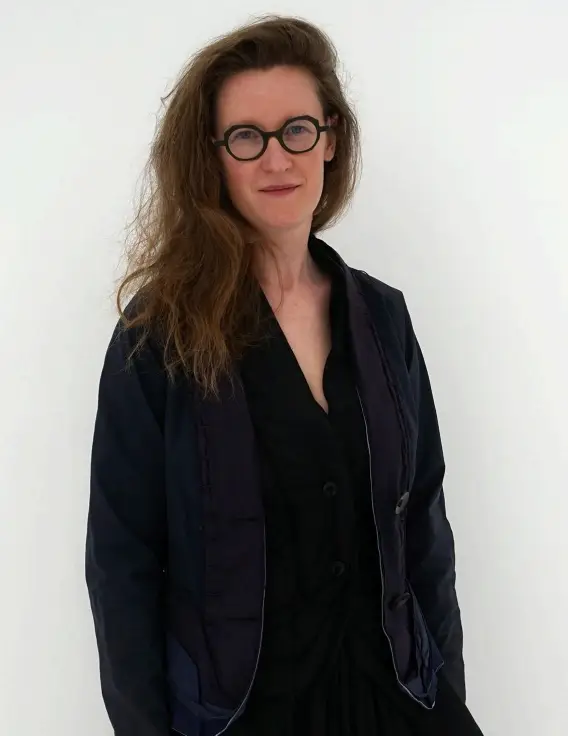
Anaïs Tondeur
ArtistCircus artist
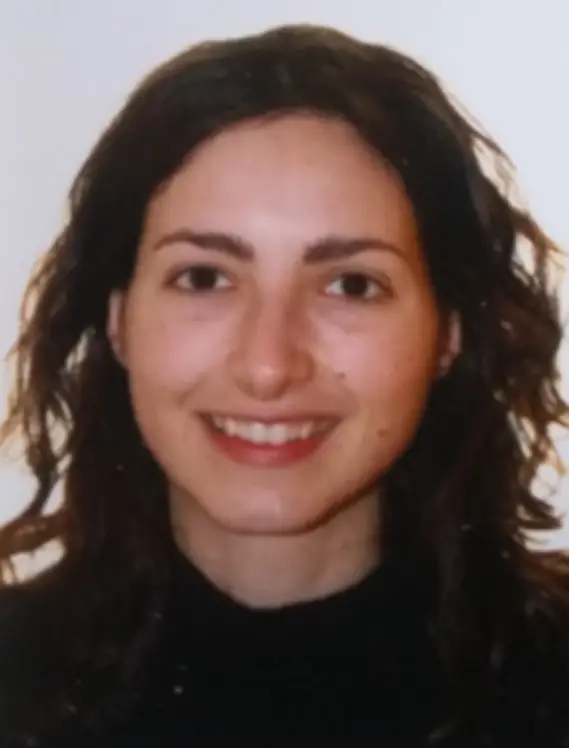
Raquel Rodriguez Suquet
ScientistTelecommunications engineer at the Universitat Politècnica de Catalunya (UPC)
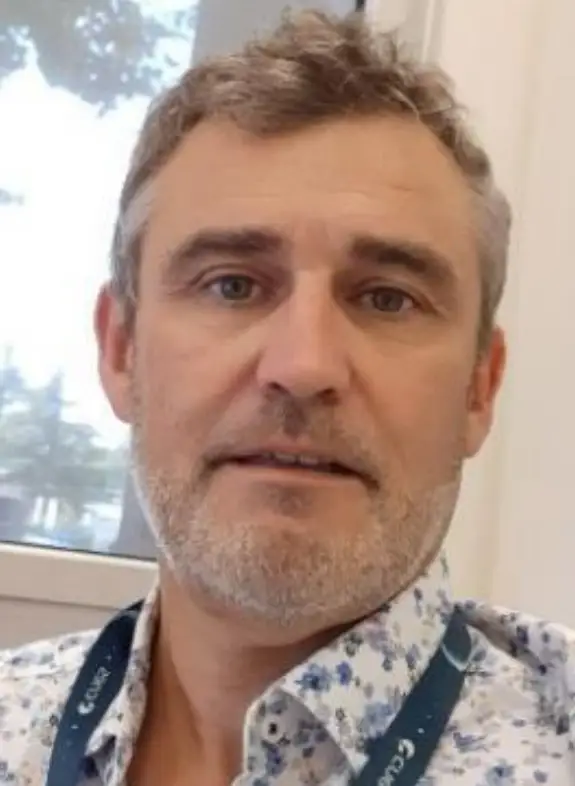
Frédéric Courtade
ScientistCNES, currently head of GEIPAN (Groupe d’Etudes et d’Information sur les Phénomènes Aérospatiaux Non identifiés)
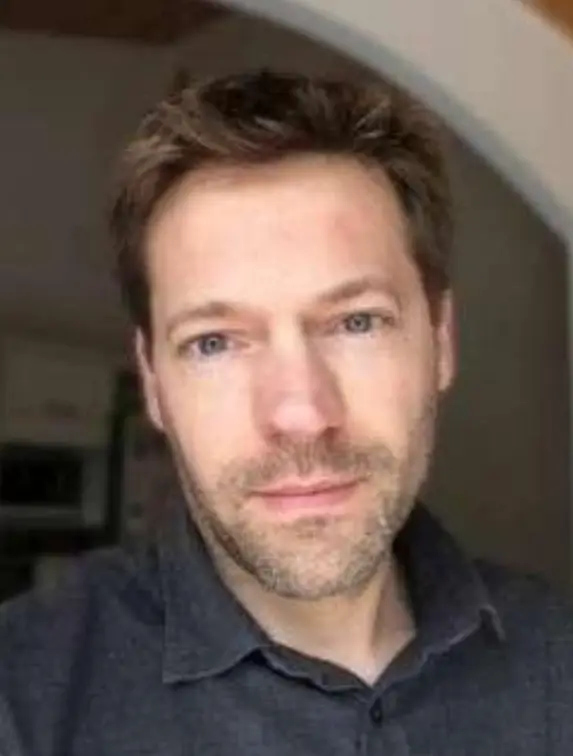
Pascal Perrachon
ScientistCNES, Exploration and Human Spaceflight Division
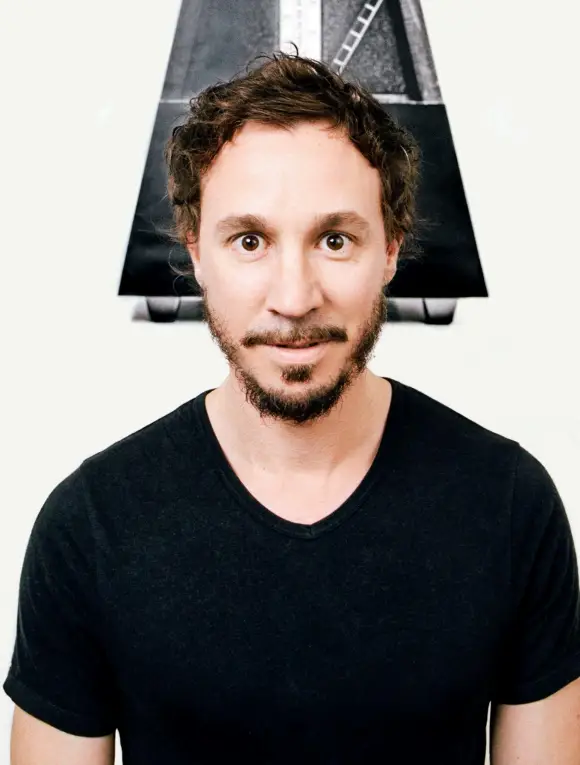
Sylvain Darrifourcq
ArtistPercussionist, multi-instrumentalist, improviser and composer
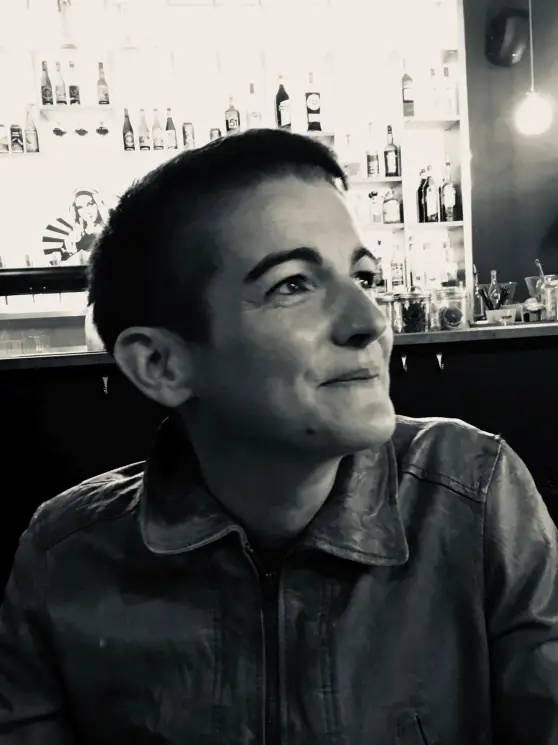
MARIE DILASSER
ArtistWriter
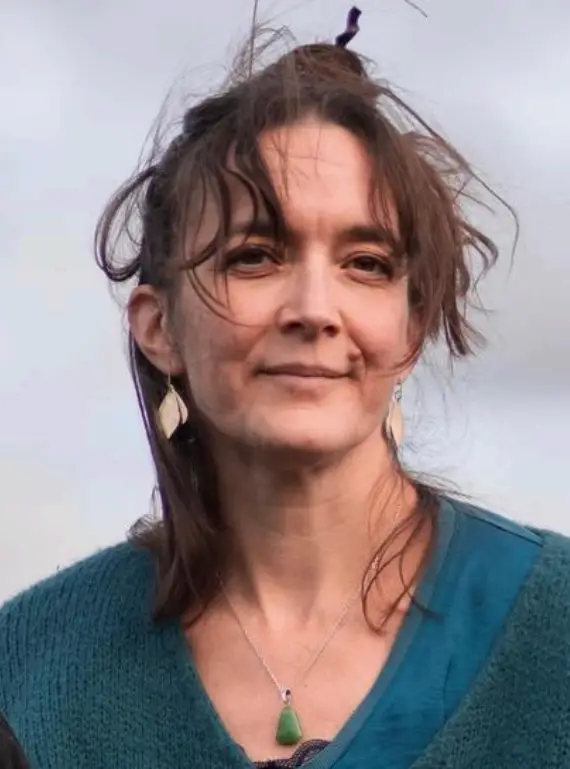
Fanny Soriano
ArtistCircus artist
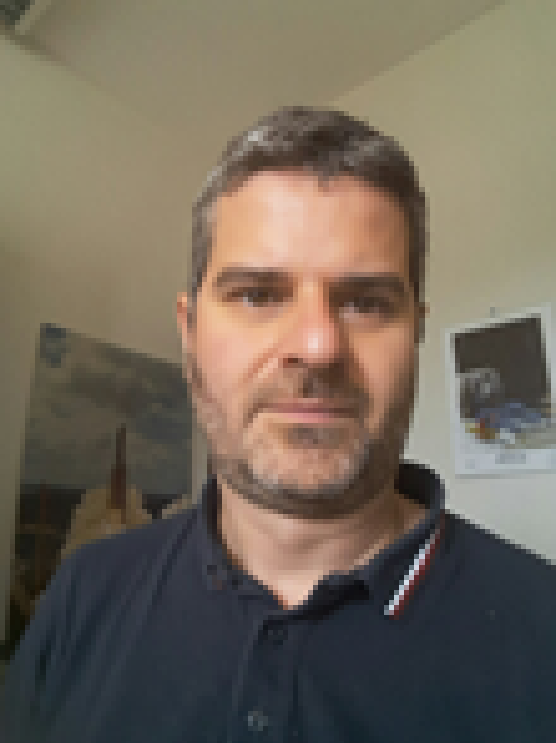
Pierre Boutte
ScientistProgram management in 2016 to coordinate the launch of the pre-project phases of orbital systems.
GAES 2022: transdisciplinary AI
Each session dealt with themes relating to artificial intelligence and the specific features of the regions in which it took place.
Toulouse
For the Toulouse session, the proposed themes were: AI and neuroscience, AI and work, AI and biology
Grenoble
The Grenoble session focus on the following themes: AI and ecology, AI society and ethics, AI and frugality/sobriety.
HIghlights
– Veronika Akopova, dancer and choreographer
– Stéphane Bissière, composer, new media artist
– Justine Emard, multimedia artist.
– Isis Fahmy, stage director – Yvain Juillard, comedian and stage director – Béatrice Lartigue, design artist
– Tamara Leites, design artist Baptiste Milesi, illustrator, graphic designer and artistic director of Transmii Studio
– Thibault Rossigneux, author, actor and stage director
– Elisa Sanchez, author, performer, video artist
– Romain Tardy, artist, video mapping
– Xavier Hollebecq, scenograph, teacher
– Malik Ghallab – Emeritus Research Director, CNRS
– Yann Ferguson – Phd in sociology, researcher at Icam Toulouse, associated with the Centre d’étude et de Recherche Travail Organisation Pourvoir (Certop).
– Frédérik Garcia – Artificial intelligence researcher at INRAE’s MIAT (Applied Mathematics and Computer Science) unit in Toulouse, France
– James L. Crowley – Professor at Grenoble Polytechnic Institute
– Martial Mermillod – PhD, Full Professor, Director, LPNC (UMR CNRS 5105), “Neuromorphic Systems” Chair, MIAI, Grenoble Alpes University
– Gilles Bastin – Professor of Sociology at the Institute of Political Studies, Grenoble Alpes University
– Emmanuel Barbier – Interim research manager at GIN
– Sophie Achard – PhD, CNRS, LJK, Grenoble, France
– Mathilde Proponnet-Guerault – Co-founder of Reckonect and responsible for product development and scientific collaborations.
GAES 2021: Exploring Artificial Intelligence
Toulouse
For the Toulouse session, the proposed themes were: AI and transport, AI and language, AI and robotics.
Grenoble
For the Grenoble session, issues related to the following themes were addressed: AI and health, AI society and ethics, AI and the environment, AI realities and fantasies.
– Golnaz Behrouznia, plastic artist
– Arnaud Chevalier, comedian and digital artist
– Giuseppe Chico et Barbara Matijevic, stage directors
– Joséphine Chaffin, writer and stage director
– Jean-François Matignon, stage directors
– Thierry Collet, magician
– LI-CAM, writer
– Marc Rigaud, technician
– Marie Vauzelle, writer and stage director
– Dorothée Zumstein, writer
– Jacques Vincey, stage director
– Françoise Berthoud, founder of the Eco-Info group, specialist in the environmental impact of digital technology, coach at CNRS (French National Center for Scientific Research)
– Thomas Burger, data science researcher (CEA and CNRS)
– Eric Gaussier, Director of the MIAI, Director of the Grenoble Computing Laboratory (2015-2020), researcher in data science and specialist in artificial intelligence (UGA)
– Frédéric Heitzmann, head of the “Embedded Artificial Intelligence” strategic program (CEA-LETI)
– Thierry Ménissier, professor, philosopher, head of the “Ethics & AI” chair at the MIAI, Grenoble Institute of Philosophy, Master in Innovation Management, Project Management and Valorization (UGA)
– Serge Slama, professor of public law at Grenoble-Alpes University, specialist in human rights and AI and whistle-blowing (UGA)
– Assia Tria, scientific manager for the SSSEC, in charge of scientific activities, resourcing, setting up collaborative projects and European referent for security (CEA). Author of numerous articles on hardware security, cryptography and biometrics.
– Denis Trystam, Professor of Computer Science at Grenoble INP, specialist in the impact of artificial intelligence on the environment, director of the “Edge Intelligence” chair (studying distributed learning) at MIAI. Member of the Eco-Info collective (INP)
– Jocelyne Troccaz, Director of Research at the CNRS, specializing in the development of robots to assist medical and surgical procedures, and medical image processing. Since 2016, she has been director of the national labex CAMI on the theme of computer-assisted medical and surgical gestures, and co-director of a chair at the MIAI Artificial Intelligence Institute (since 2019) (CNRS).
– Sandrine Voros, INSERM research fellow in the “computer-assisted medical and surgical gestures” (GMCAO) team of the TIMC-IMAG laboratory (INSERM & UGA)
– Edwige Armand, teacher-researcher in Art and Culture at INP Purpan, Toulouse
– Olivier Stasse, head of the Gepeto group in charge of humanoid robots in the Gepeto team at LAAS-CNRS
– Guillaume Sarthou, PhD student in robotics at the LAAS-CNRS laboratory
– Martin Jacquet, PhD student in robotics at LAAS/CNRS
– Antonio Enrique Jimenez, researcher at the Laboratory for Analysis and Architecture of Systems (LAAS-CNRS)
– Rachid Alami, a pioneer in cognitive robotics, research director at the head of the RIS -Robotics and Interactions- team and holder of the Cognitive and Interactive Robotics chair at the Toulouse Interdisciplinary Institute for Artificial Intelligence ANITI
– Simon Lacroix, researcher at LAAS/CNRS
– Amandine Mayima, researcher at LAAS/CNRS
– Guilhem Buisan, robotics researcher
– Mohamed Kaâniche, CNRS research director in the Secure Computing and Fault Tolerance research group
– Frédéric Dehais, teacher-researcher at Asie-Supaero – Human Factors and Neuro-ergonomics Department
– Daniel Delahaye, Professor, Head of the Optimization and Machine Learning group at ENAC
– Philippe Muller, Senior lecturer (associate professor) in computer science HDR, co-leader of the MELODI group, member of the AOC (Machine learning) project-team, associated with Leila Amgoud’s ANITI Chair on Empowering data-driven AI through argumentation and persuasion. Head of the Artificial Intelligence and Pattern Recognition Master’s program (IARF) with Thomas Pellegrini.
– Chloé Braud, CNRS researcher
HIghlights

